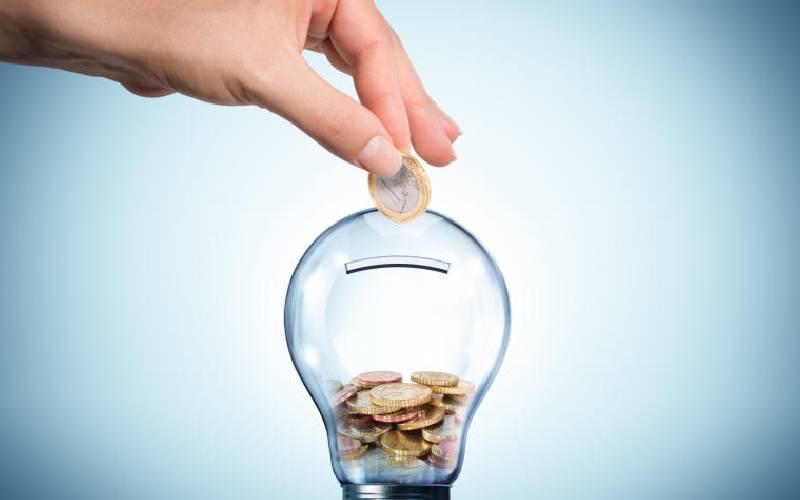×
The Standard e-Paper
Kenya’s Boldest Voice

The promise of cheap electricity might never come to pass.
This is evident in the recent developments in the sector, the latest being Kenya Power's application for tariff review, which if approved, will result in high prices across all consumer categories.